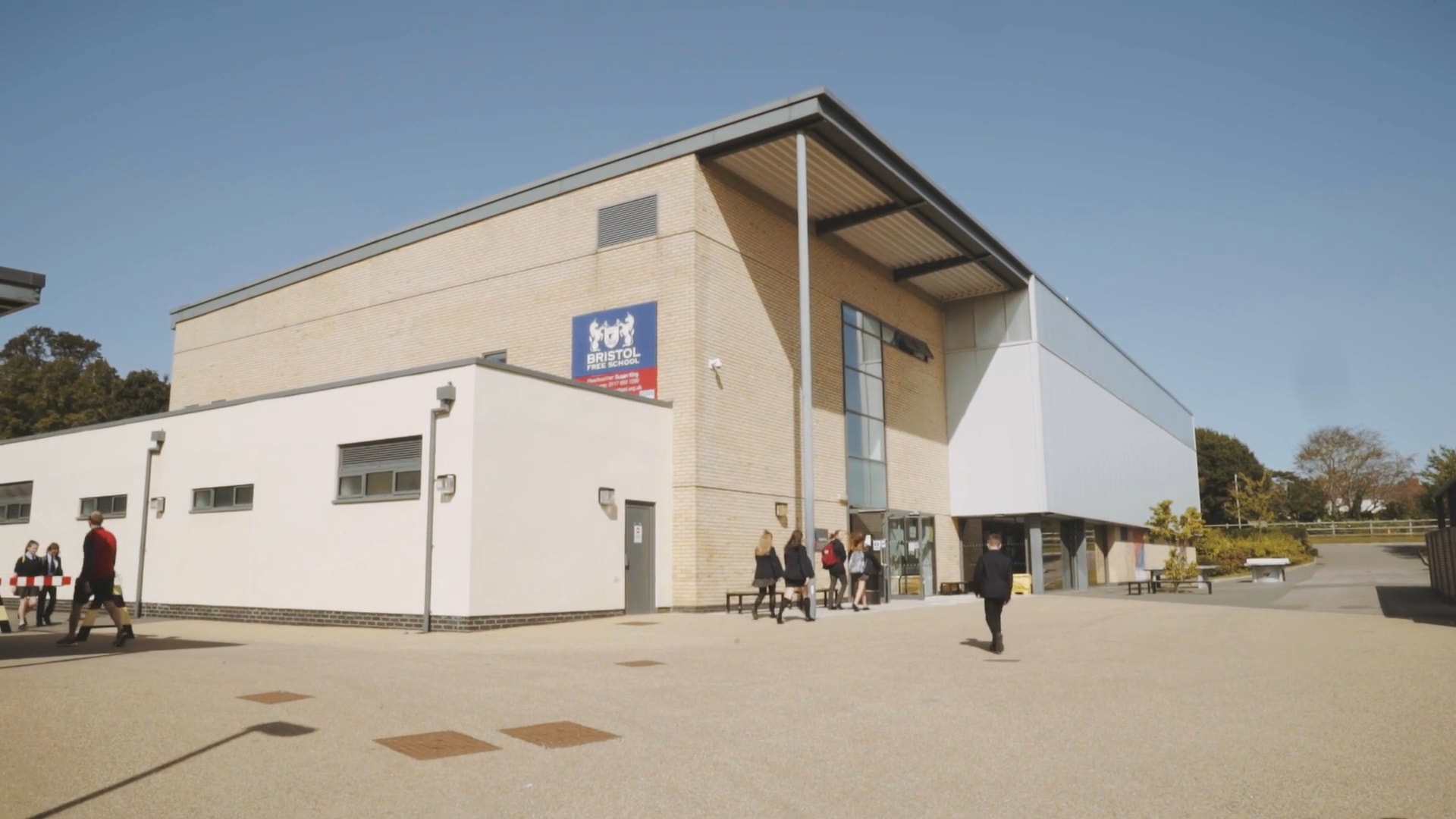
Students will learn about the properties of metal and different manufacturing techniques to batch produce products. Students will build on their practical skills from Year 7 to use a wider range of process to manipulate materials, this includes drawing copper and casting with pewter. The different process will be used to create students' unique designs of a piece of body adornment. Students will research and explore how marketing is used to sell products and to think about their environmental impact of their design choices.
Each unit has two key tasks that are assessed. Key task one is based on the student's designing and making skills; key task two is on the technical knowledge learnt through the unit and assessed through a mixture of questions including extended written tasks and maths based questions.
Students will experiment with a range of different decorative techniques to dye fabric. They will produce samples using batik, tie dye, screen printing using natural and synthetic dyes. Students will build on their hand and machine sewing skills from Year 7 to make a bag using a decorative technique of their choice. Students will consider wider issues when designing and how their choices impact the environment. Students will be asked to incorporate a recycled piece of fabric to make their product more sustainable.
Each unit has two key tasks that are assessed. Key task one is based on the student's designing and making skills; key task two is on the technical knowledge learnt through the unit and assessed through a mixture of questions including extended written tasks and maths based questions.
Students will experiment with a range of Computer Aided Design (CAD) and Computer Aided Manufacture (CAM). Students will explore different typography and colour theory to design branding that can be used on a range of different products. They will use Photoshop to manipulate their hand drawn designs. A sublimation printer will be used to print their designs onto coasters, T-Shirts and mugs. Other CAD packages such as Google Sketchup and Tinker CAD will be explored to understand how engineers create precision products using CAM such as a 3D printer.
Each unit has two key tasks that are assessed. Key task one is based on the student's designing and making skills; key task two is on the technical knowledge learnt through the unit and assessed through a mixture of questions including extended written tasks and maths based questions.
Students will learn about cultural food through a series of practical cooking tasks including bread rolls, spring rolls and paella. This will be supported by studying seasonality and starch theory. Students will learn about high risk foods and how to properly store and cooks a range of ingredients. They will plan and make a technical challenge of a harvest loaf that is individually designed.
Each unit has two key tasks that are assessed. Key task one is based on the student's food hygiene and practical work; key task two is on the technical knowledge learnt through the unit and assessed through a mixture of questions including extended written tasks and maths based questions.